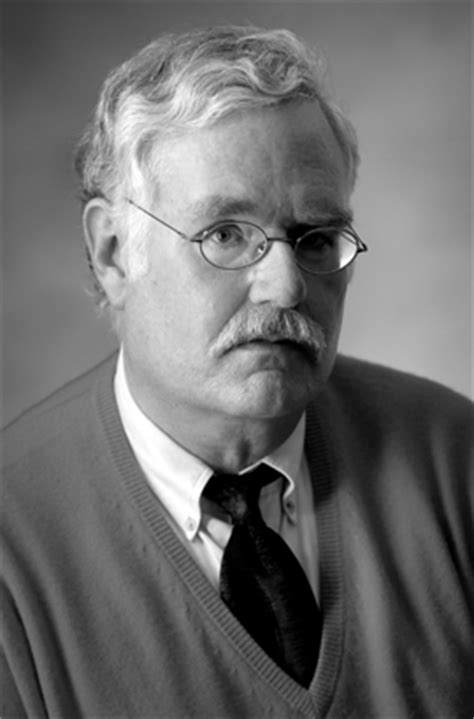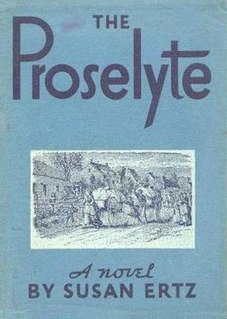A Quote by Thomas Szasz
I submit that the traditional definition of psychiatry, which is still vogue, places it alongside such things as alchemy and astrology, and commits it to the category of pseudo-science.
Related Quotes
Under my definition, a scientific theory is a proposed explanation which focuses or points to physical, observable data and logical inferences. There are many things throughout the history of science which we now think to be incorrect which nonetheless would fit that which would fit that definition. Yes, astrology is in fact one.
[Science fiction is] that class of prose narrative treating of a situation that could not arise in the world we know, but which is hypothesised on the basis of some innovation in science or technology, or pseudo-science or pseudo-technology, whether human or extra-terrestrial in origin. It is distinguished from pure fantasy by its need to achieve verisimilitude and win the 'willing suspension of disbelief' through scientific plausibility.
Astrology is a science in itself and contains an illuminating body of knowledge. It taught me many things and I am greatly indebted to it. Geophysical evidence reveals the power of the stars and the planets in relation to the terrestrial. In turn, astrology reinforces this power to some extent. This is why astrology is like a life-giving elixir to mankind.
Institutional psychiatry is a continuation of the Inquisition. All that has really changed is the vocabulary and the social style. The vocabulary conforms to the intellectual expectations of our age: it is a pseudo-medical jargon that parodies the concepts of science. The social style conforms to the political expectations of our age: it is a pseudo-liberal social movement that parodies the ideals of freedom and rationality.
Astrology is knocking at the gates of our universities: A Tübingen professor has switched over to astrology and a course on astrology was given at Cardiff University last year. Astrology is not mere superstition but contains some psychological facts (like theosophy) which are of considerable importance. Astrology has actually nothing to do with the stars but is the 5000-year-old psychology of antiquity and the Middle Ages.
As one might expect in a society with mass communications and mass markets, the pseudo-ethic says that whatever is popular, is right. Where the traditional ethic derives its sanction from the superiority of a few, the pseudo-ethic derives its sanction from the inferiority of a great many. The pseudo-ethic is keyed, not to the spiritually gifted, but to the spiritually ungifted.


































